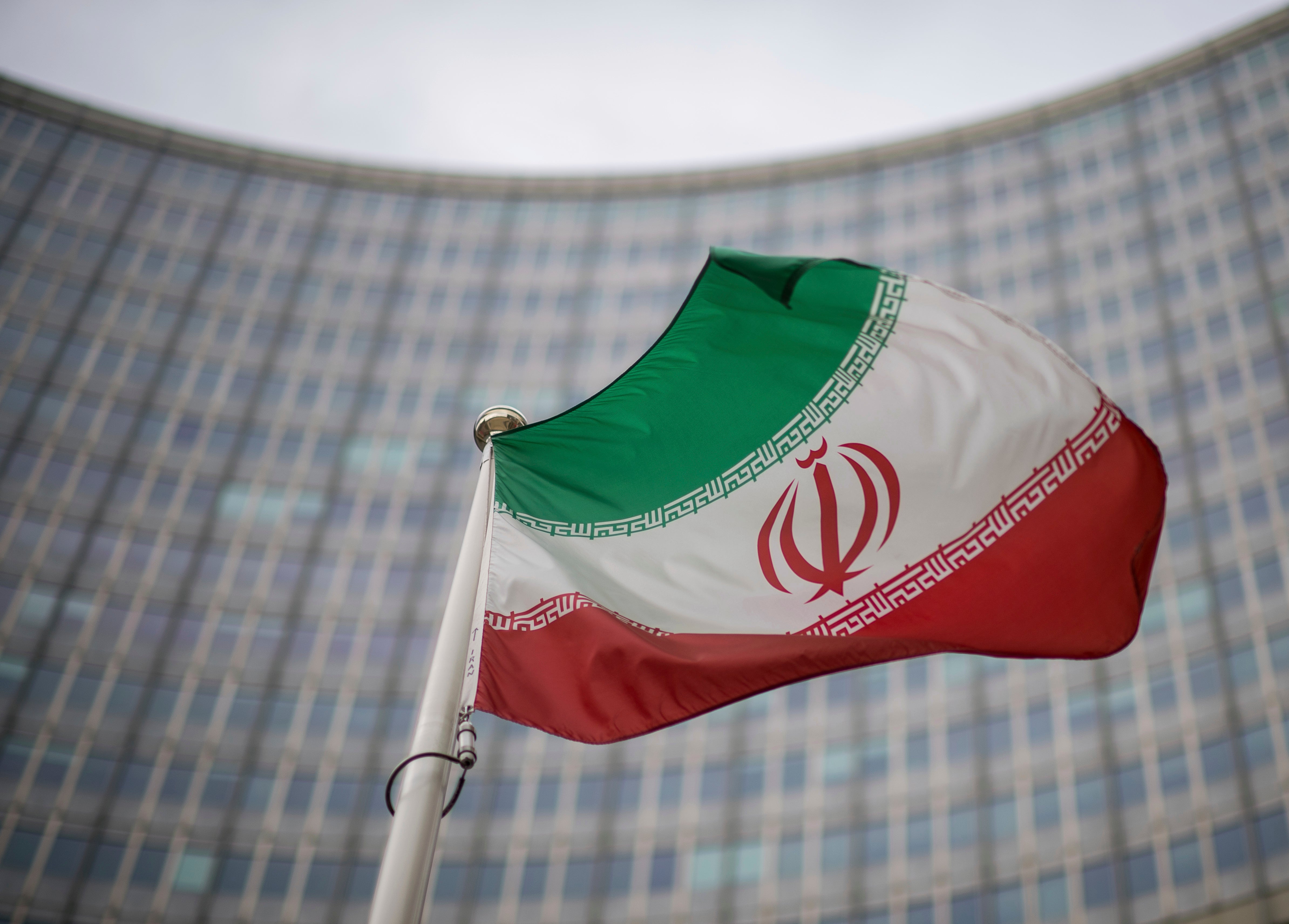Iran nuclear talks adjourn, seen resuming before year's end
Talks aimed at salvaging Iran’s tattered 2015 nuclear deal with world powers have been adjourned, following a round marked by tensions over new demands from Tehran

Your support helps us to tell the story
From reproductive rights to climate change to Big Tech, The Independent is on the ground when the story is developing. Whether it's investigating the financials of Elon Musk's pro-Trump PAC or producing our latest documentary, 'The A Word', which shines a light on the American women fighting for reproductive rights, we know how important it is to parse out the facts from the messaging.
At such a critical moment in US history, we need reporters on the ground. Your donation allows us to keep sending journalists to speak to both sides of the story.
The Independent is trusted by Americans across the entire political spectrum. And unlike many other quality news outlets, we choose not to lock Americans out of our reporting and analysis with paywalls. We believe quality journalism should be available to everyone, paid for by those who can afford it.
Your support makes all the difference.Talks aimed at salvaging Iran s tattered 2015 nuclear deal with world powers were adjourned Friday, following a round marked by tensions over new demands from Tehran
China’s lead negotiator, Wan Qun, said the talks will “resume hopefully before the end of the year.” He said that “we haven’t firmed up a date yet.” Enrique Mora, the European Union diplomat who chaired the talks, said that “we will resume soon.”
The current talks in Vienna between the remaining signatories to the 2015 nuclear agreement — known as the Joint Comprehensive Plan of Action, or JCPOA — opened on Nov. 29, after a gap of more than five months caused by the arrival of a new hard-line government in Iran. There was a short break last week as delegations returned home to consult with their governments.
The United States has participated indirectly in the ongoing talks because it withdrew from the accord in 2018 under then-President Donald Trump. President Joe Biden has signaled that he wants to rejoin the deal.
The accord was meant to rein in Iran’s nuclear program in return for loosened economic sanctions. Britain, France, Germany, Russia and China are still part of the agreement.
Following the U.S. decision to withdraw from the deal and reimpose sanctions on Iran, Tehran has ramped up its nuclear program again by enriching uranium well beyond the thresholds allowed in the agreement. Iran has also restricted monitors from the U.N. atomic watchdog from accessing its nuclear facilities, raising concerns about what the country is doing out of view.
Diplomats from the three European nations have voiced frustration with Iran's stance during the current talks, saying earlier this week that they were "losing precious time dealing with new Iranian positions inconsistent with the JCPOA or that go beyond it.”
They warned that “without swift progress, in light of Iran’s fast-forwarding of its nuclear program, the JCPOA will very soon become an empty shell.”
Still, there was one sign of progress on a related issue when Iran and the International Atomic Energy Agency reached a deal Wednesday to reinstall cameras damaged at an Iranian site that manufactures centrifuge parts, though inspectors remain limited on what footage they can access.
___
Associated Press writer Geir Moulson in Berlin contributed to this report.